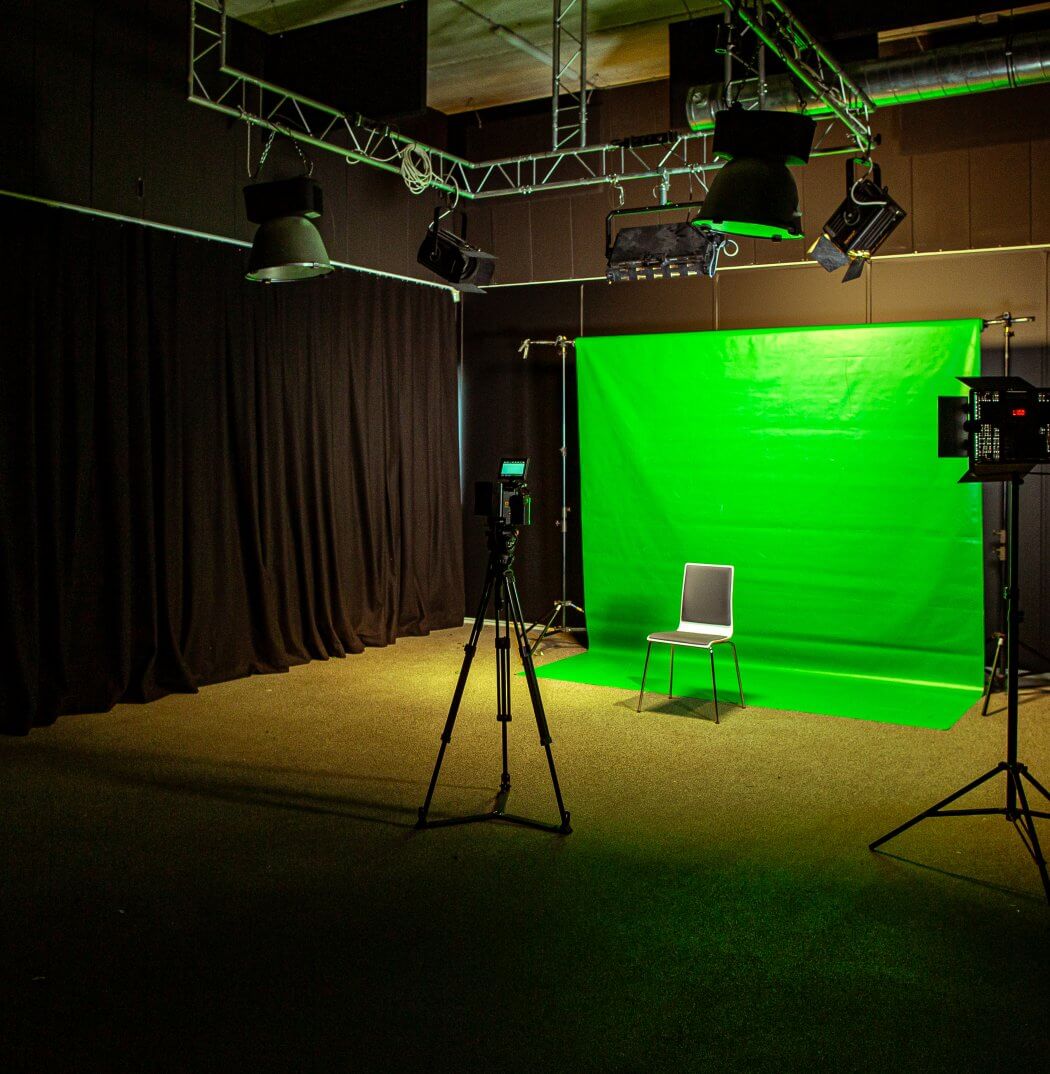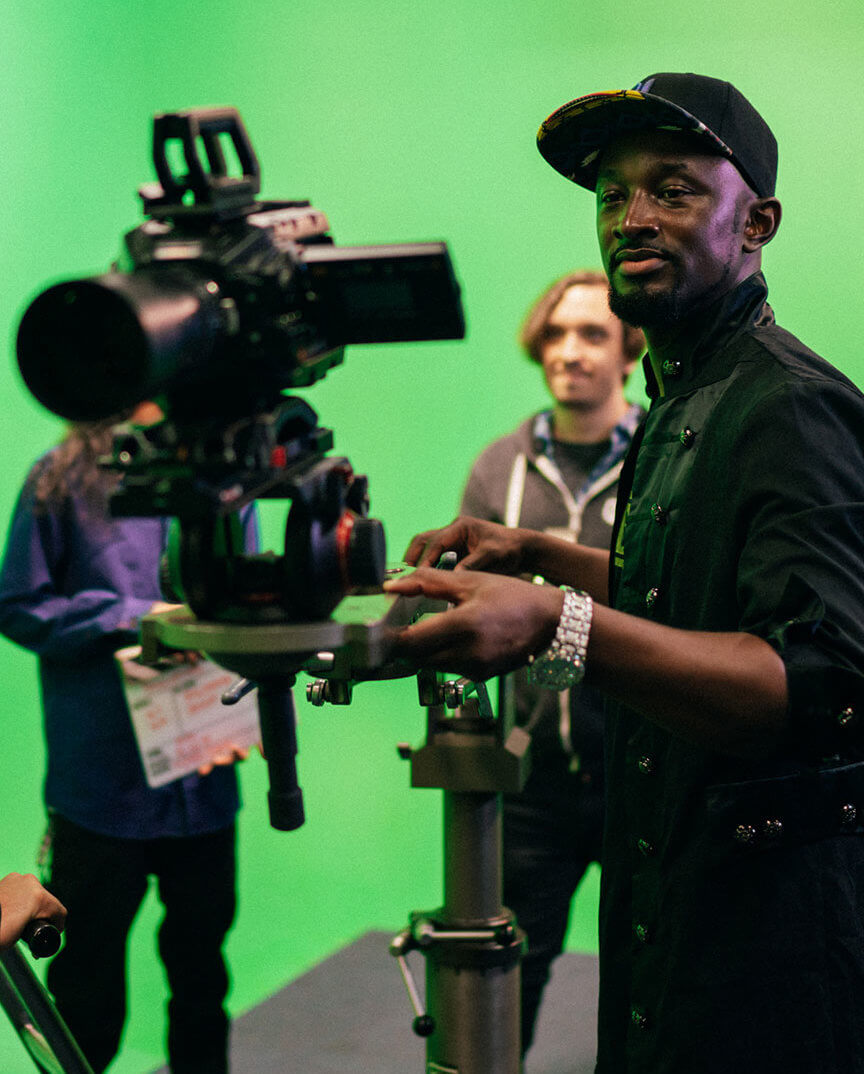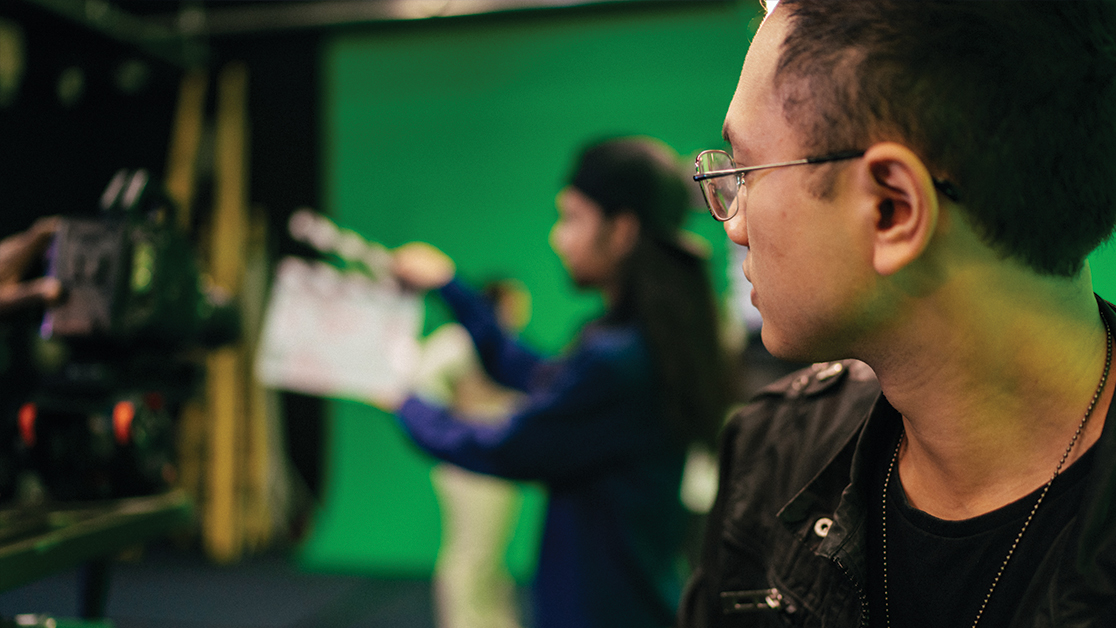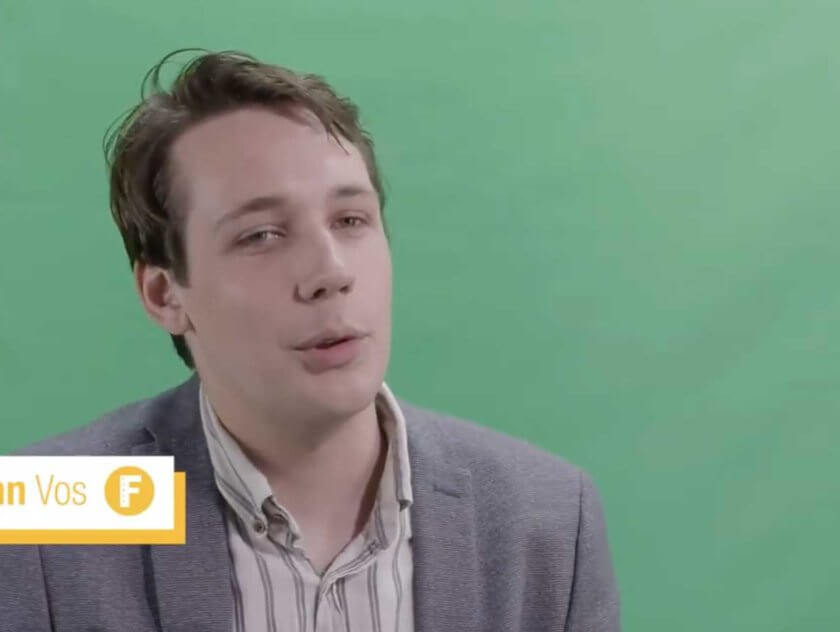BA/BSc (Hons) Film Production
Join the next generation of filmmakers. Earn your place on any film set around the world.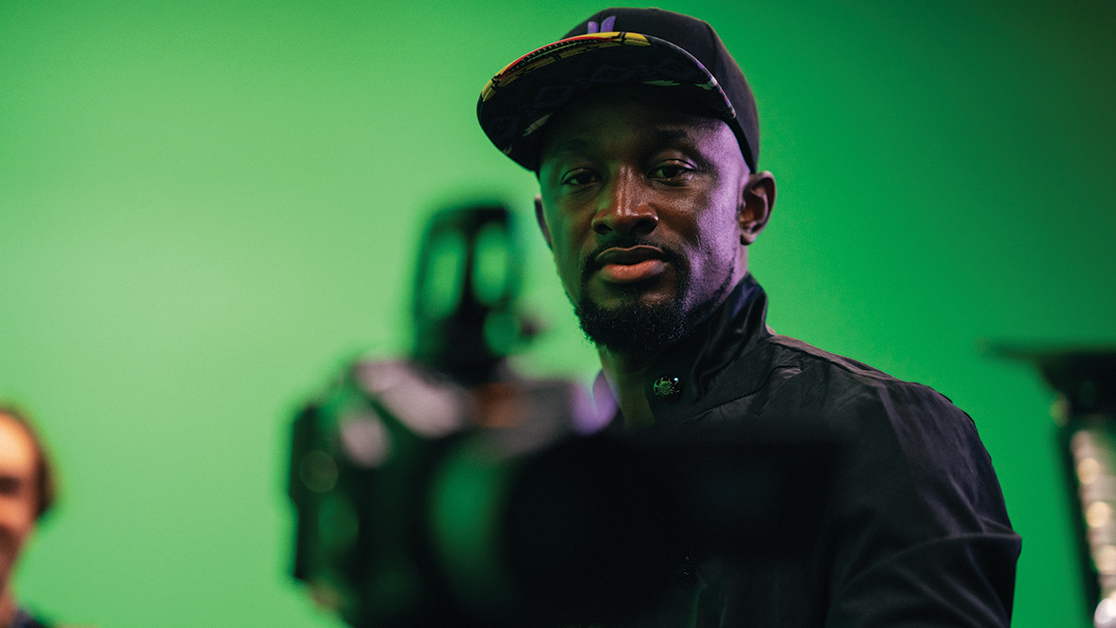
March and September 2025
For non-EU students, a valid VISA for the entire duration of the selected course is required prior to enrolment. The registration at SAE Institute cannot grant you a Student Visa in the Netherlands.
Students studying higher education courses may be eligible for various forms of funding, including student loans and grants. There may be some differences depending on the region you come from.
YOUR CAREER IN FILM BEGINS NOW
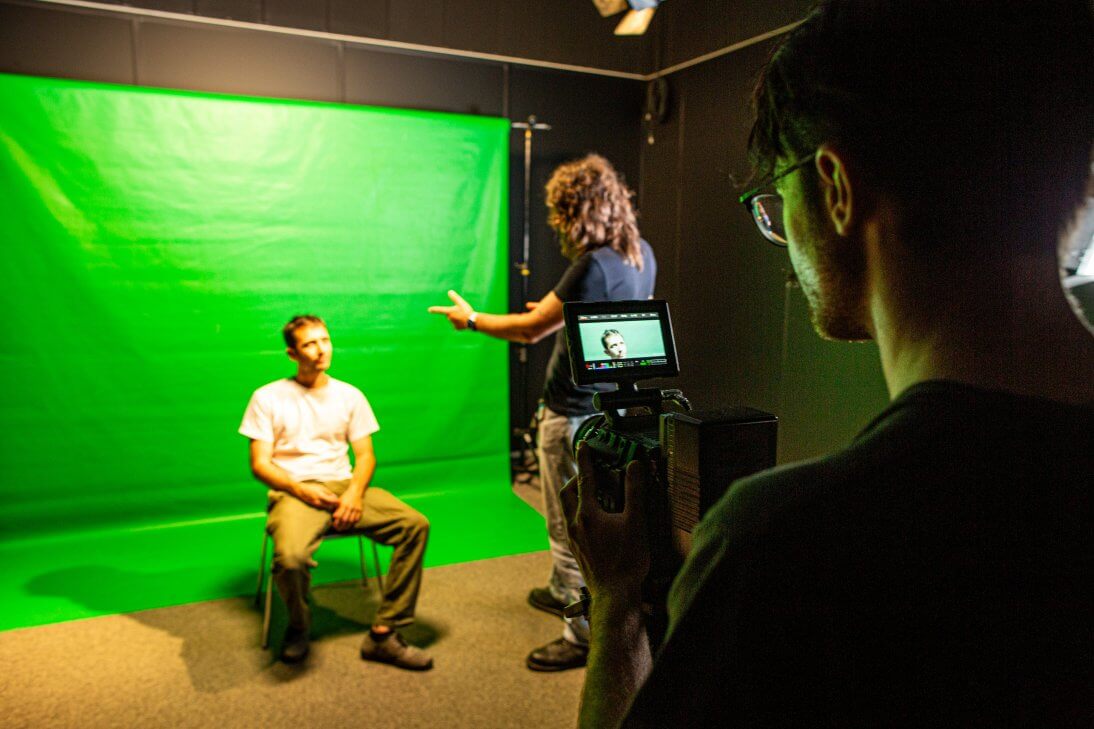
Tools & Software





Film Skills
Course Structure
BA/BSc Film Production is broken up into three distinct stages, each designed to develop different skills.The group members should then divide themselves into the corresponding roles within the researched positions and define which software they need for this and what salary they would receive for it.
What is the cost of the position you hold in the company, together with the resources you need for it? Which group members are permanent employees and which are freelancers?
In the course of the module, the team develops branding for the product, considers possible distribution channels for the release, and prepares the individual pieces of work of the group members from a marketing point of view so that content can be used for a possible advertising campaign.
By the end of the module, you will have an overview of all job positions within your industry, be able to assess your work financially and market yourself and your portfolio appropriately. You will get an overview of the workflow, how freelance and permanent activities work in the industry, and know how to use basic marketing techniques.
In the module, students will experience teamwork across creative media disciplines, and potentially remotely across various campus locations. The module will also introduce key differences between production strategies for the arts or sciences, preparing students to develop their specialization.
Students can choose from a range of possible projects, the availability of which is determined by the location of the campus, the needs of the local industry, and/or the student’s learning requirements.
Throughout this module, students will be encouraged to engage in self-reflective processes to improve their creative and collaborative work practices and to build the core skills necessary for a successful career in the creative industries. With the guidance of studio facilitators, students will complete a set of project briefs designed to build on the foundation skills acquired and to further enhance their competencies within their discipline area.
During the module, you will create a deep and secure understanding of your area of interest. Common procedures, existing publications, technical workflows as well as reference and repertoire knowledge are elements that you research, present, and discuss. During the module, you will develop the proposal for your final thesis piece by piece.
Throughout the module, an initial idea for a media project turns into a well-founded plan that includes concrete objectives and a suitable approach. At the end of the module, you will have a clear idea of what your thesis looks like and how you plan to implement it.
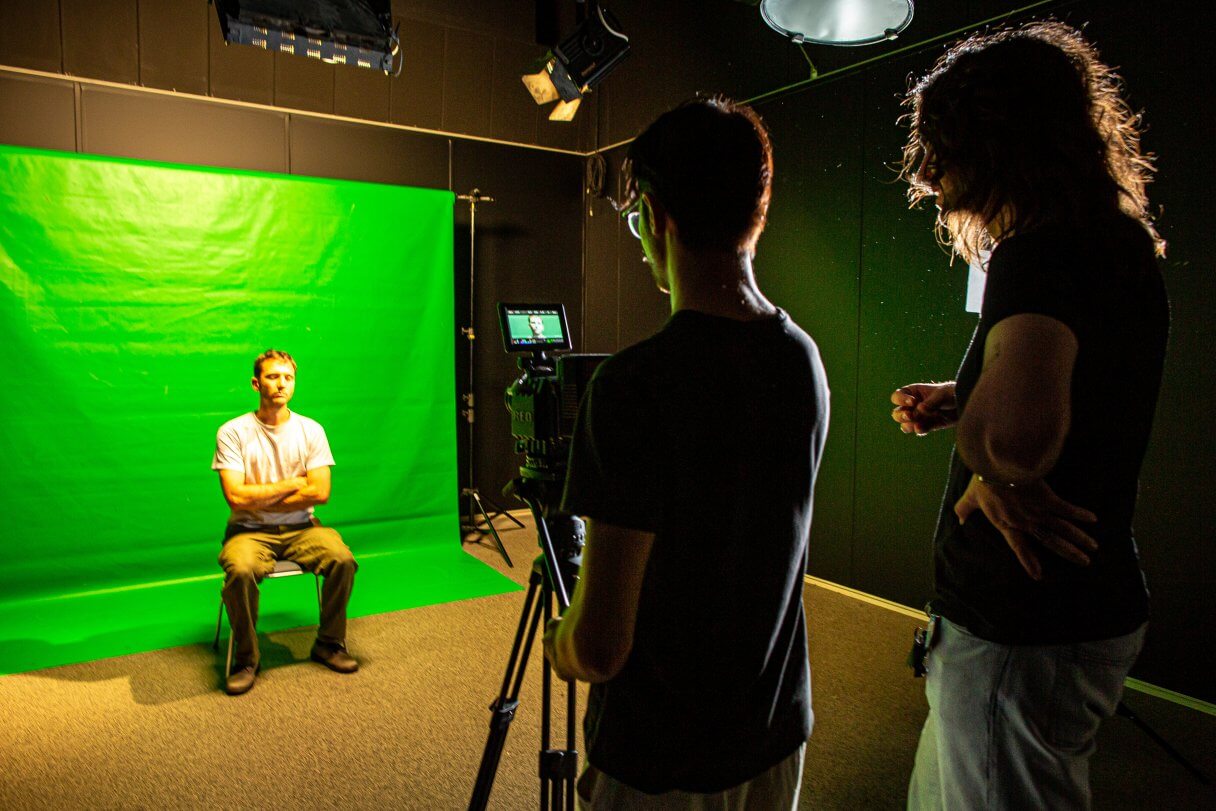
Career Outcomes
What jobs will this course lead to?
- Video editor
- Producer
- Cinematographer
- Colourist
- Director
- Screenwriter
- Visual Effects Artist
- Camera Assistant
Student Spotlight
Course FAQs
We consider all applicants, so you can still join the course without any practical experience. However, we do require you to have a passion for film, which is why we ask you for an informal write up to explain why you would like to join the course and what your favourite film is.
While we recommend students to invest in their own hardware, in particular a laptop and an external hard drive, they are not essential to the course as you can use the computer labs on site. They will, however, make your learning experience easier as you can work off site. A camera is desirable but again not essential as we have cameras on site for your learning experience.











